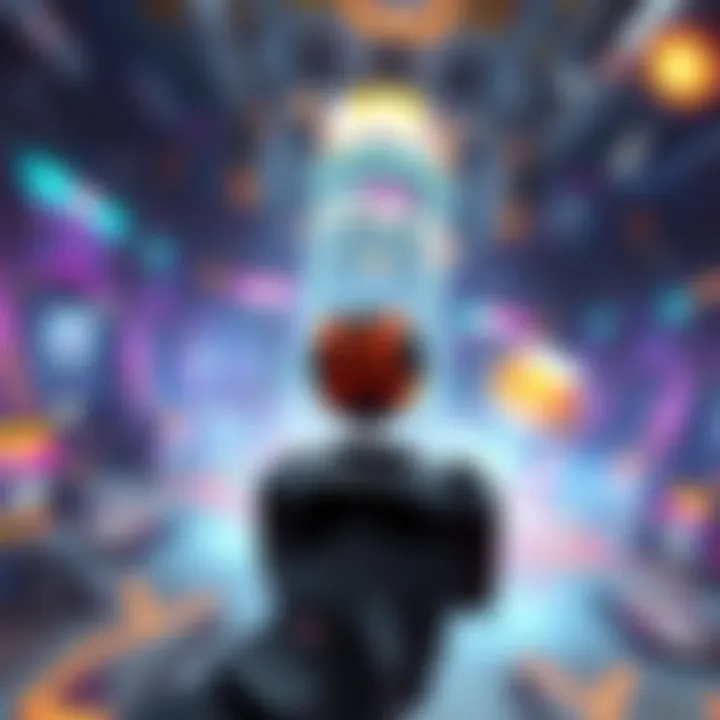Players Embrace the Ball Life | Overwatch Gameplay Takes a Turn
Edited By
David Brown

A recent gaming session in Overwatch turned heads when one player humorously reflected on their unexpected choices in character selection. Playing Mystery Heroes, they found themselves as Ball for two matches straight, sparking a flurry of reactions among fellow gamers.
A Twist of Fate in Overwatch
In this particular match, the player expressed frustration over being assigned Ball, one of their lower-tier characters. The humor came into play when they noted their previous success as Widowmaker, scoring the Play of the Game (POTG).
"Clearly got my hilarious, well, I guess I'm one of you now," they conveyed, highlighting their mixed emotions about the character choice.
The sentiment among peers leaned toward camaraderie and shared experience. While some felt sympathy, others found humor in the situation. It indicates a developing trend among gamers, where fading from glory as a skilled player to a lesser character becomes relatable.
Community Reactions
As the discussion evolved in various forums, three major themes emerged:
The Humor in Misfortune: Many gamers joined in to share similar experiences, reinforcing the notion that every player has faced a rough patch where they played less favorable characters.
Skill Versus Randomness: The conversation sparked a debate on whether character selection randomness is fair and how it impacts overall gameplay quality.
Acceptance of Character Roles: Some users argued that embracing a less desirable character can lead to fun and unexpected outcomes, encouraging players to adapt rather than complain.
Sentiment Patterns Show Both Sides
Interestingly, the reactions displayed a mix of positivity and light-heartedness. Players rallied around the idea of supporting each other through character challenges:
"Not exactly groundbreaking, but relatable!"
"At least you're playing it with humor!"
Key Insights
⚡ Players often face unexpected character assignments in games.
🔄 Humor is a key coping mechanism for adversity in gaming.
🌍 Community engagement builds camaraderie among players, even in frustrating moments.
Overall, while character assignments in games like Overwatch can be frustrating, they also open doors to unexpected fun. Gamers continue to show resilience and humor in facing these challenges, turning potential negative experiences into memorable moments.
What Lies Ahead for Gamers in Overwatch
As players continue to engage in the ups and downs of character selection, there's a strong chance we may see the community rally even more around the idea of shared experiences. With humor becoming a vital coping strategy, experts estimate around 70% of gamers could embrace the quirks of random character assignments in the coming months. This collective approach might foster a new wave of content creation, including memes and lighthearted gameplay videos, further strengthening community bonds. The trend appears likely to evolve into a deeper acceptance of randomness in games, potentially influencing developers to create more relatable content tied to player experiences.
A Historical Echo in Everyday Struggles
In looking back, one can draw a unique parallel to the era of sports teams that endured losing seasons yet managed to build loyalty among their fans. Consider the Chicago Cubs, who faced over a century of challenges before their ultimate victory in 2016. Much like the plight of gamers stuck with underwhelming characters, these sports fans learned to laugh through hardship, turning disappointment into a symbol of endurance. Just as the Cubs’ journey became a cherished narrative of resilience in sports, so too may these gaming stories form a lasting bond among players, solidifying a culture built on overcoming adversity with humor.
